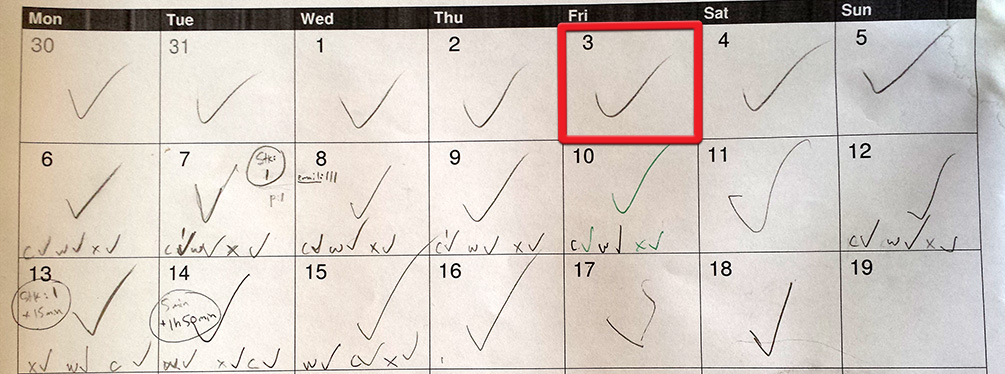“THE YEAR WAS 2081, and everybody was finally equal. They weren’t only equal before God and the law. They were equal every which way. Nobody was smarter than anybody else. Nobody was better looking than anybody else. Nobody was stronger or quicker than anybody else. All this equality was due to the 211th, 212th, and 213th Amendments to the Constitution, and to the unceasing vigilance of agents of the United States Handicapper General.”
– “Harrison Bergeron”, by Kurt Vonnegut Jr.
“Harrison Bergeron“, is a dystopic short story (a 10 min read).
It asks and answers the question: What if everybody were forced to be equal?
I understand now that to produce a dystopia from equality requires a set of false assumptions. The very same false assumption that I’ve uncovered lately: that there is a measurable and fixed amount of intrinsic worth available to each human being. For one person to have more, of anything, another must have less.
Taken to the extreme, this fixation of the fixedness and limitedness of the resources of the planet and the internal resources of each person, combined with a desire for equality, leads directly to a world of mediocrity.
What’s incredible to me is that we don’t need a “Handicapper General” to diligently limit people’s abilities. We limit ourselves.
I feel like we’re all Harrison Bergeron: great in our own unique way.
We’re also our own Handicapper: putting on our own shackles and distractions, weights and masks…
